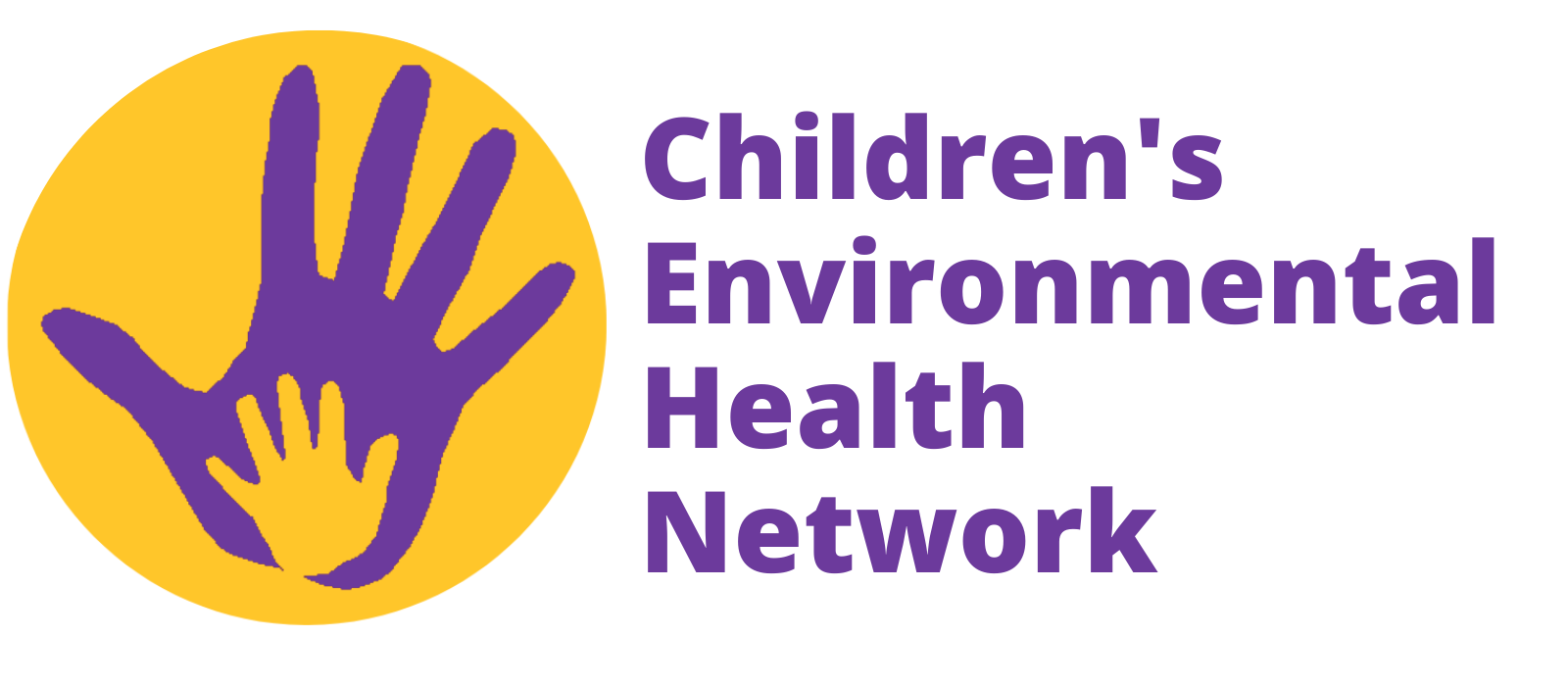
Years of Ignorance
Blessing was born and grew up in the Niger Delta region of Nigeria. “I was told that at my birth I was very strong and healthy—full of life” said Blessing. During her primary school days, she noticed that she had developed a lingering cough that would sometimes escalate into a coughing fit. “I lived with it on the assumption that it [was] probably a mere cough due to [a] cold.” This nagging cough translated into missed school days, opting out of sports competitions, and weeks spent bedridden.
“I remember each time I was attacked, my granny [would] give me either of the following concoction[s]; a mixture of salt and palm oil, or crude oil or some slices of onion to eat or a mixture of honey, garlic, ginger, and lime—believing that such is an effective treatment for a cough. Honestly, these were the treatments they knew best and that were readily available to me.”
Her condition worsened as she grew older. When local concoctions failed to subdue her coughing attacks, she was taken to a chemist who prescribed her a combination of drugs. She started taking these medications without a diagnosis. However, these medications failed to treat her cough.
It wasn’t until much later, when Blessing was 23 years old, that the condition that had plagued her since childhood was given a name. She had been awarded a scholarship to continue her studies in the United Kingdom. Her initial fears of managing her condition in a completely new and unfamiliar environment had nearly caused her to forgo the opportunity; however, it was a doctor in the UK who was the first to diagnose her with asthma. That doctor’s visit marked the first time she was given an inhaler to alleviate her symptoms. For Blessing, the inhaler was a miracle and for the first time in her life she could enjoy a reprieve from her asthma.
In looking back on her childhood, Blessing said, “I would describe my years of suffering from asthma as ‘years of ignorance.’” She had never received a diagnosis for the symptoms she was experiencing or given appropriate treatment. “Most of the treatment given to me then was to relieve the symptoms and not in the actual management of my asthma.” Nor was she aware of its severity. “I never knew that asthma could be life-threatening even though I have had attacks that almost claimed my life in the past.”
Environmental Factors
As is often the case, it’s difficult to pinpoint the degree to which environmental and genetic factors contribute to the development of asthma but Blessing’s lived experiences illustrate the role that environmental exposures can play in exacerbating asthma. Blessing noticed a marked reduction in her asthma flare-ups since moving to the UK and a worsening of her asthma whenever she returned home to Nigeria. This pattern led her to question the differences in environmental exposures between the two countries. “Based on my experience in air quality management, I can deduce that the air quality in Nigeria is very poor with increasing concern compared to the air quality in the UK.” According to Blessing, [in Nigeria] there are higher levels of soot, NO2 and particulate matter since food is cooked by burning solid fuels inside the home. “Also I was frequently exposed to cold due outdoor activities such as bathing in [a] cold river for a long period.”
In her correspondence, Blessing confirmed that environmental conditions like the exposure to air pollutants such as those related to traffic or tobacco smoke, chemical irritants found in cleaning products or perfumes and other allergens trigger her asthma.
Strategies Blessing uses to avoid asthma triggers in her environment
Blessing credits the ability to identify particular triggers and taking steps to avoid such triggers as the reason that her asthma has improved tremendously. “Usually I am not allowed to do any dusty work at home. If I have to, I do cover my nose to prevent dust from entering my nose. Each time I observe smoke in my surrounding, I ensure to take some distance away from the smoke source. I always keep my bedding clean, and always take my inhaler along with me when going out. Because I am aware of the triggers, I basically ensure not to expose myself to the triggers and whenever I unavoidably do so, I immediately take my inhaler before it knocks me down.”
“I am now in control of my asthma. I know when the symptoms arise and how [to] quickly stop it from interfering with my daily life.” Blessing also schedules a yearly asthma review with her doctor.
‘My Asthma, My Passion’
Blessing’s passion and vision for the future is rooted in the belief that no one should suffer or die from asthma—a preventable disease when managed properly. “My life is a testimony that asthma is not a death sentence. It is a controllable disease…I survived it and I am in control of it because I was educated about it and was privileged to have access to the right medical care…My experiences during my years of fighting asthma have made me understand that so many people have suffered and died…Some may be due to the inability to access proper medical care due to poverty while others may simply be a problem of ignorance.”
For Blessing, combating asthma starts with increasing awareness about the causes of asthma and asthma triggers and educating others about the ways in which they can control their asthma. “This is my inspiration: ‘if I could survive it, then others too can.’” Blessing’s story is not only one of resiliency, it is a testament to the importance of clean air campaigns and the environmental and clinical management of asthma.
This interview was conducted via email and features excerpts from “My Asthma Story” written by Blessing

